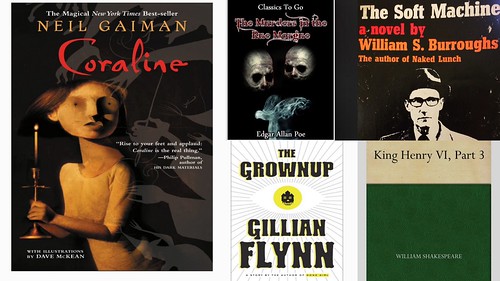 Worlds at War: The 2,500-Year Struggle Between East and West
Worlds at War: The 2,500-Year Struggle Between East and West by
Anthony Pagden
My rating:
4 of 5 stars
This book was interesting but crazy. Obviously, over 2000 years is a lot to cover in one book. I was oftentimes lost in the early history section because I didn't have a lot of background in the historical players, and sometimes I wasn't even sure which one Pagden was referencing when he said "he." Even though his thesis about the difficulty and incompatibility of Islam with modern secularism has to rely heavily on more modern times, the Epilogue begins in 1991. Of course, it makes sense he has to rush through history if he's going to cover all that time to make a bigger over-arching point, but why does he spend so much time talking about Napolean and Lawrence of Arabia?
He touches on the problem of fanatical religions generally, and there is no shortage of fanatics in Christianity- historically or today- but he offers no good explanation for why there's been a big difference in the development of secular societies. If President Bush wasn't slowed down by Jesus's statement to render onto Caesar what is his, then how big an impact did that one sentence really make?
I gave it 4 stars mainly because I liked reading about 2000 years in such a (relatively speaking) short book.
View all my reviews
nonfiction, 2000-09, author-male, dads-books, history, politics, greece, iran, iraq, afghanistan, law, slavery, war, islam, christianity, religion, syria, turkey, serbia, sexism, president-wilson, israel, palestine, france, england
 Bartleby the Scrivener by Herman Melville
Bartleby the Scrivener by Herman Melville























